Building a House? The Pros and Cons
If you want to build a house of your own, you should determine the best plan of action for you and your family. While buying an existing home is cheaper and more convenient, building a brand-new house gives you a sense of ownership over your living space.
In this guide, we’ll discuss the pros and cons of building your own home and buying an existing one, plus some frequently asked questions about both processes.
Building Your Own Home
Building your own home provides you with the flexibility to design a floor plan. As you consider your dream home, visualize the optimal flow of your living space. Do you want a grand entrance as you walk in? How many bedrooms or bathrooms does your family need?
Building a brand-new home has also become more popular because of the competitive housing market across the country. You can skip the stress of house hunting, bidding wars and contract negotiations by building a home of your own.
Pros of Building a House

Building your own house makes your property truly feel like home. As the first owner of your new house, you are the design expert of your living space. All of your appliances are new, and you can customize every detail of the home. Some of the benefits of building a brand-new house include:
- Customization: As the primary designer of your home, you can create your living space to accommodate your style and desired layout. Depending on your budget and your design aesthetic, you can choose from a variety of functional floor plans. You can put a bathroom on each floor of the home, or you can have an expanded kitchen. You also have a blank canvas to arrange the landscaping in your yard.
- Energy-efficiency: In the last 40 years, the energy used in homes has dropped by 32 percent. Newer homes use more energy-efficient insulation and appliances. You can also incorporate more energy-efficient technology into a home, such as a new HVAC system. Energy-efficient materials and appliances can also save you money on your energy bill.
- Healthier material: Before the 1970s, home builders used toxic products like asbestos and lead in the home. Newer homes are free from these materials. A new home guarantees all the materials used in your home are safe and up to code.
- Fewer maintenance costs: During the first few years, you’ll save money on appliance repairs and maintenance costs. You can trust your HVAC system or roof will stay intact for at least a decade. Less maintenance will save you time and money down the road. If you build a new home, your home may also come with a warranty for the appliances and materials you install. The materials and appliances may be covered for up to 10 years, so you can make a claim to replace them for little to no cost.
- Higher resale value: While the cost to build your home may be more at first, you will make more money when you go to sell your house again. More than half of potential homebuyers who buy new homes claim they don’t want to move into an existing home because the home may need renovations.
- Contentment: You’ll have a level of satisfaction over your home if you build it yourself. Since you’re designing your home from start to finish, everything in your living space will be what you want. When people compliment your house, they’ll be complimenting your unique taste. Build a home that you’ll be proud to call your own.
Cons of Building a House
Building your own home provides you with flexibility and more ways to save money. However, you may also have to wait longer and pay more. Some of the drawbacks of building a new home include:
- Longer timeline: While an existing home is often move-in ready, a new build can take several months to complete. Harsh weather conditions, delays in shipping or human error can also extend the process. You might have a gap period between the selling of your old home and moving into your new home. You can streamline the construction process by hiring a trustworthy home builder. You should include a timeline in your contract and communicate with your contractor throughout the project.
- Limited flexibility in price negotiation: While you can save money if you build your own home, you will not have as much negotiation in the price. You can ask the designer and contractor for cheaper alternatives to your floor plan and building materials, but besides that, there isn’t much room for negotiation. Do your research and hire professionals who can give you the best price for your new build.
- Unexpected out-of-pocket expenses: How much does it cost to build a house? The more custom your floor plan, the more money you’ll have to pay. Before signing the contract, ask your home builder what the base price includes. Your contractor should also get you the best price for materials, appliances and cosmetics.
- Construction noise and traffic: Many contractors, landscapers and workers collaborate to construct your house. Their trucks will be clogging up the residential roads and making noise. To prepare for any inconvenience, talk to your neighbors before you start the building process.
- More landscaping responsibilities: Since you’re purchasing a new plot of land, no one may have maintained the land over the years. You’ll have to put in more work to trim the trees and mow the lawn. To save time, you can incorporate landscaping into your home building timeline.
Buying an Existing Home
Those who buy an existing home instead of building one want to save time and money. It’s more convenient to move right into an existing home than to wait several months for your new home to be complete. While you won’t get the flexibility you want, you will have a house that’s ready for you and your family.
Pros of Buying an Existing Home
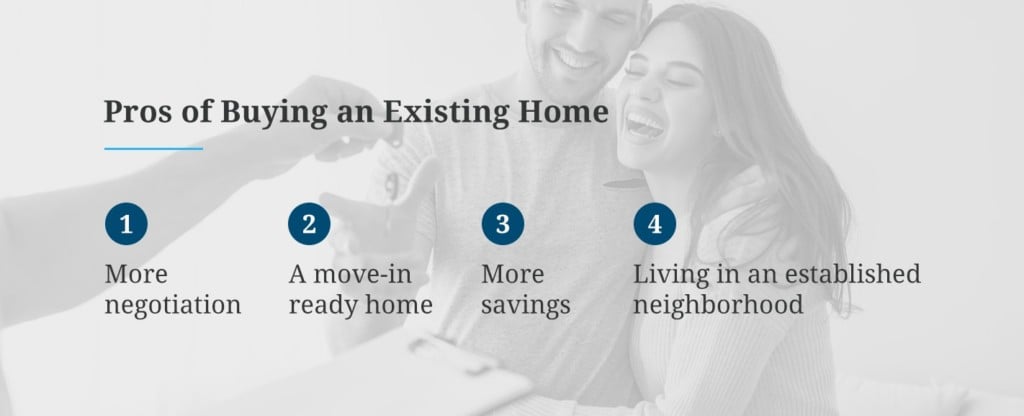
Moving into a previously-owned home is more straightforward than building a brand-new one. You can avoid managing all the details of building a new construction by placing an offer on a home that’s already built. It may not be new, but it’s new to you. Some of the benefits of buying an existing home include:
- More negotiation: Your real estate agent can help you negotiate the best price for an existing home. Current homeowners are more flexible on what they’ll accept than home builders. You can use a mortgage calculator to figure out how much money you’ll be spending on your house. If you buy in an established neighborhood, you could also compare the value of the homes in your area to find out what you should offer.
- A move-in ready home: Existing homes are ready to move into right away. Even though buying a home requires looking for a house, placing offers and waiting, the time you spend on the process is much shorter than the time you would spend building a house. If you have to move for work or you’re anxious to get out of your old home, you can move quickly into an existing home.
- More savings: Buying an existing home requires less money at first. You can also upgrade your living space and your landscaping as your budget allows for it. You’ll also save money on landscaping if you buy a previously-owned home. The previous homeowners probably mowed the lawn and watered the flowers, as opposed to new construction that’s built on a plot of dirt.
- Living in an established neighborhood: If you buy an existing home, you have a higher chance of living in an established neighborhood. You’ll be familiar with the neighbors, and you’ll know that the land has access to running water, electricity and plumbing. You also have amenities like schools, roads and local parks.
Cons of Buying an Existing Home
Buying a previously-owned home is more convenient and less money than building a house. On the other hand, you have less of an ability to alter an existing home. The house won’t be exactly what you want, so you may have some regrets later. Some of the other drawbacks of buying an existing home include:
- More maintenance: An existing home often needs updating. A professional home inspector can help you determine what you will need to fix over time. If you replace any appliances or insulation, you can get a warranty for the new parts of your existing home.
- Buyer’s remorse: New homeowners can suffer from buyer’s remorse after they’ve dedicated time and money into a new house only to discover it’s not their dream home. After the novelty of your home has worn off, you may find that it’s not everything you wanted. When building a new home, you can design your dream home. With an existing home, you may be able to change the cosmetic details, but the floor plan is fixed.
- No choice of location: If you buy an existing home, you have limited options for your location. Your dream location may not have any houses listed for sale. You may end up on a busy street with noisy neighbors. Worn-down homes in the area can also affect the value of your home.
- Higher energy costs: Newer homes cost less money to run electricity. An older home may have an outdated HVAC system and may lack the proper insulation. Even if you save money on the upfront cost of the house, you may be spending more on utilities each month if you buy an older home.
Frequently Asked Questions About Building vs. Buying a Home
Before you start the process of building a home, you need to do some research to figure out if it’s the best option for your living space. Here are some common questions people ask before they begin their home building journey:
Is It a Good Idea to Build a House?
If you want the perfect house, the best option is to create one yourself. You can create a floor plan that works for your family. Whether you want a big kitchen or an extra family room, your floor plan will be ideal for your living situation. When you build your own home, you feel a sense of contentment over your space. You want a home that you’ll be proud to show off to your guests and neighbors.
Is It Better to Buy or Build a House?
Whether you should buy an existing home or build a brand-new one depends on your preferences. The amount of money you’re willing to spend and the amount of time you have will help you determine which option is better for you. Generally, the cost of building a house is higher than buying an existing home.
Alternatively, you can customize your new build floor plan to accommodate your budget. If you’re flexible, you’ll have more patience with unexpected costs and delays as you build a house.
Can You Get a Loan to Build a House?
With a construction loan, you can build a brand-new house, renovate an existing home or build onto a part of your home. You don’t have to pay for anything until you move into your house. To apply for a construction loan for your new home, you need to have good credit and a good debt-to-income ratio. The bank is more likely to approve you if you hire licensed and insured contractors for your project.
Is It Cheaper to Build Your Own House or Buy One?
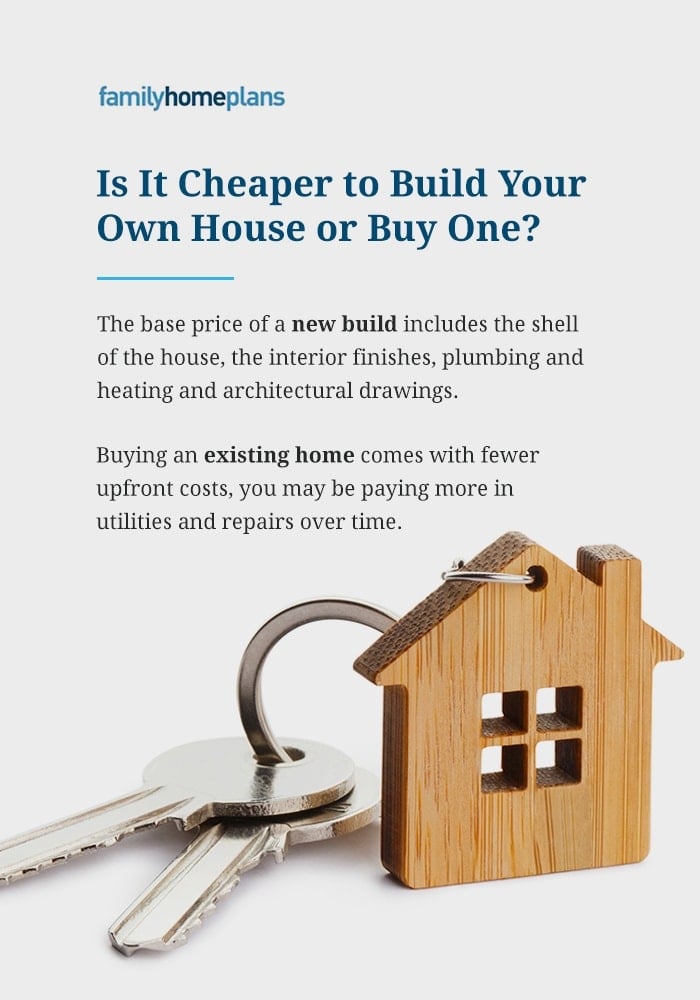
Either option can accommodate your budget based on your flexibility. The cost of building a house versus buying a home also depends on your location. However, building your own house is often more expensive than buying an existing home.
The base price of a new build includes the shell of the house, the interior finishes, plumbing and heating and architectural drawings. Additional costs include buying land, building permits, landscaping and foundation work. While buying an existing home comes with fewer upfront costs, you may be paying more in utilities and repairs over time.
How Can I Save Money When Building a House?
As you design your dream home, you can create a floor plan that accommodates your budget. To save money, create a spending plan, and stick to it as best as you can. Be realistic about how much you can afford.
Make sure your budget allows for costs outside of the base price of the house, such as cosmetic details and landscaping. You should also do your research as you pick the best home builder for your project. Use recommendations from friends and family and read online reviews.
Search House Plans Offered by Family Home Plans
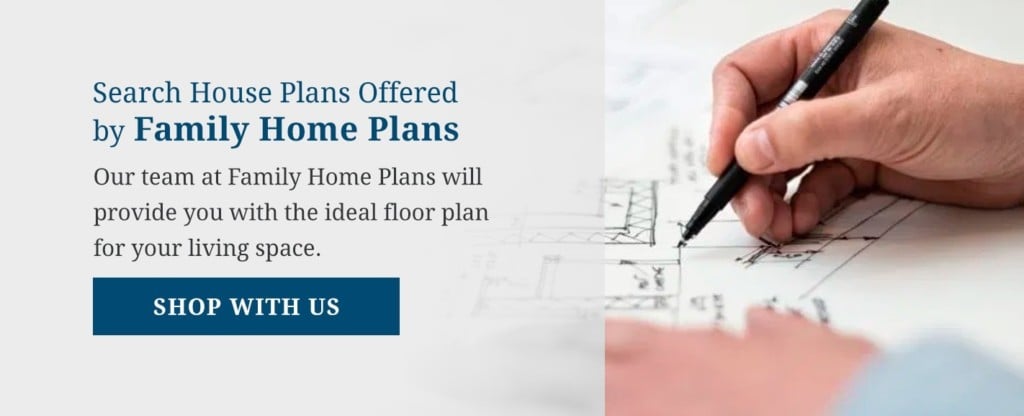
Building a house is much easier when you have the right plan in place. When you have a floor plan that feels like home, the rest of the details come naturally.
Our team at Family Home Plans will provide you with the ideal floor plan for your living space. Even though the home building process may seem overwhelming, we can help get you started with a practical floor plan.
Have you found a better price somewhere else? Our price match guarantee promises you a five percent lower price than our competitors.
You can start designing your dream home today. Browse our collection of floor plans with our easy-to-use search engine. If you have any questions, you can call us at 800-482-0464 in the United States or at 800-361-7526 in Canada.

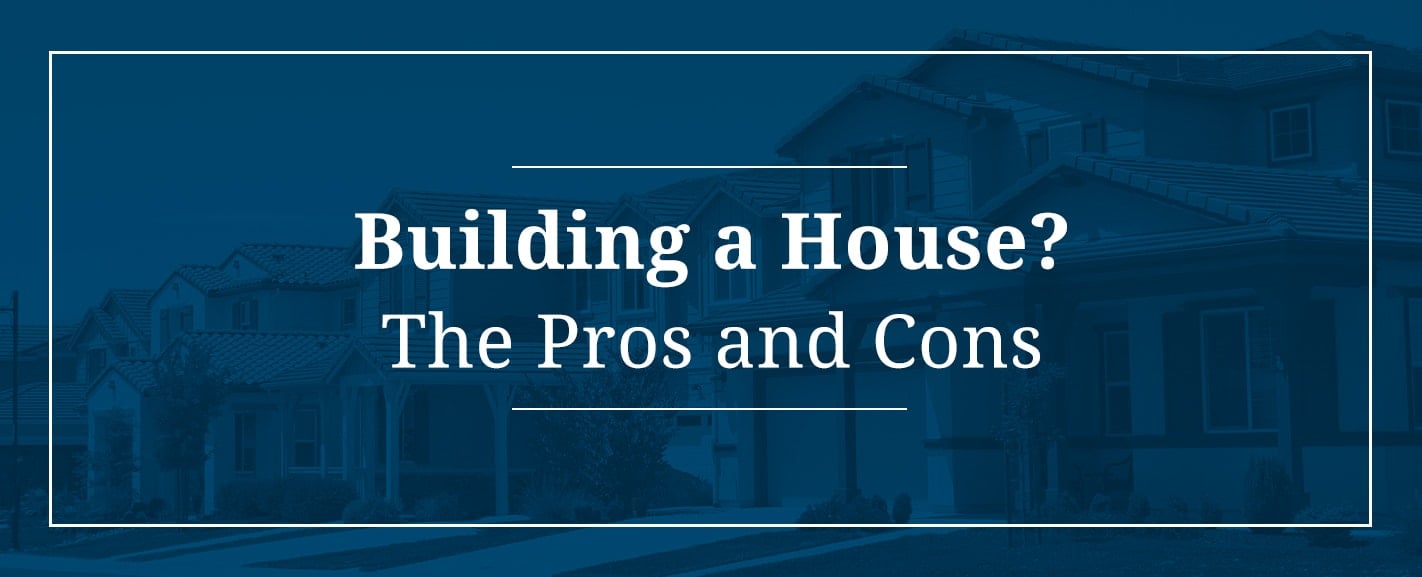

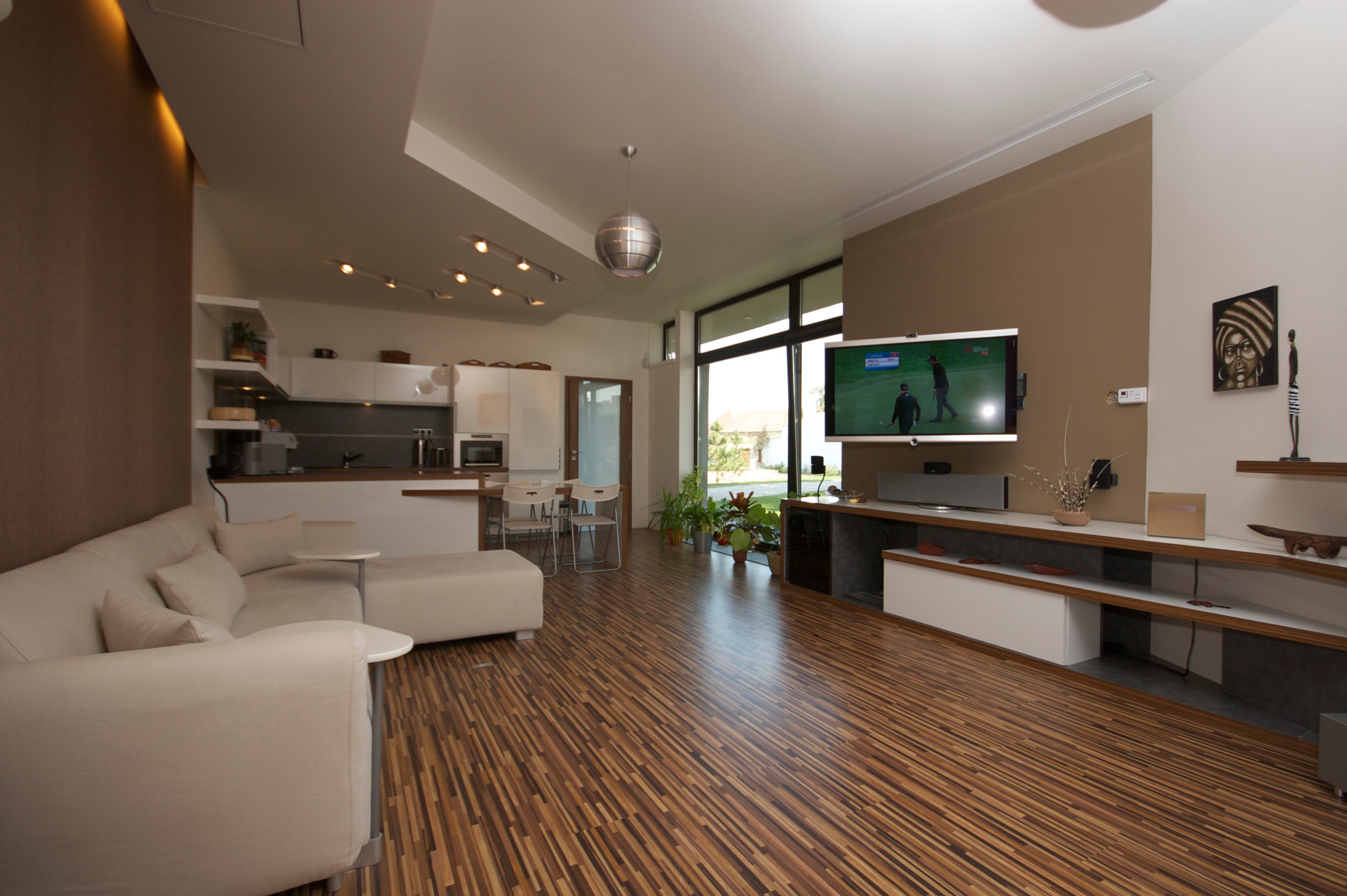

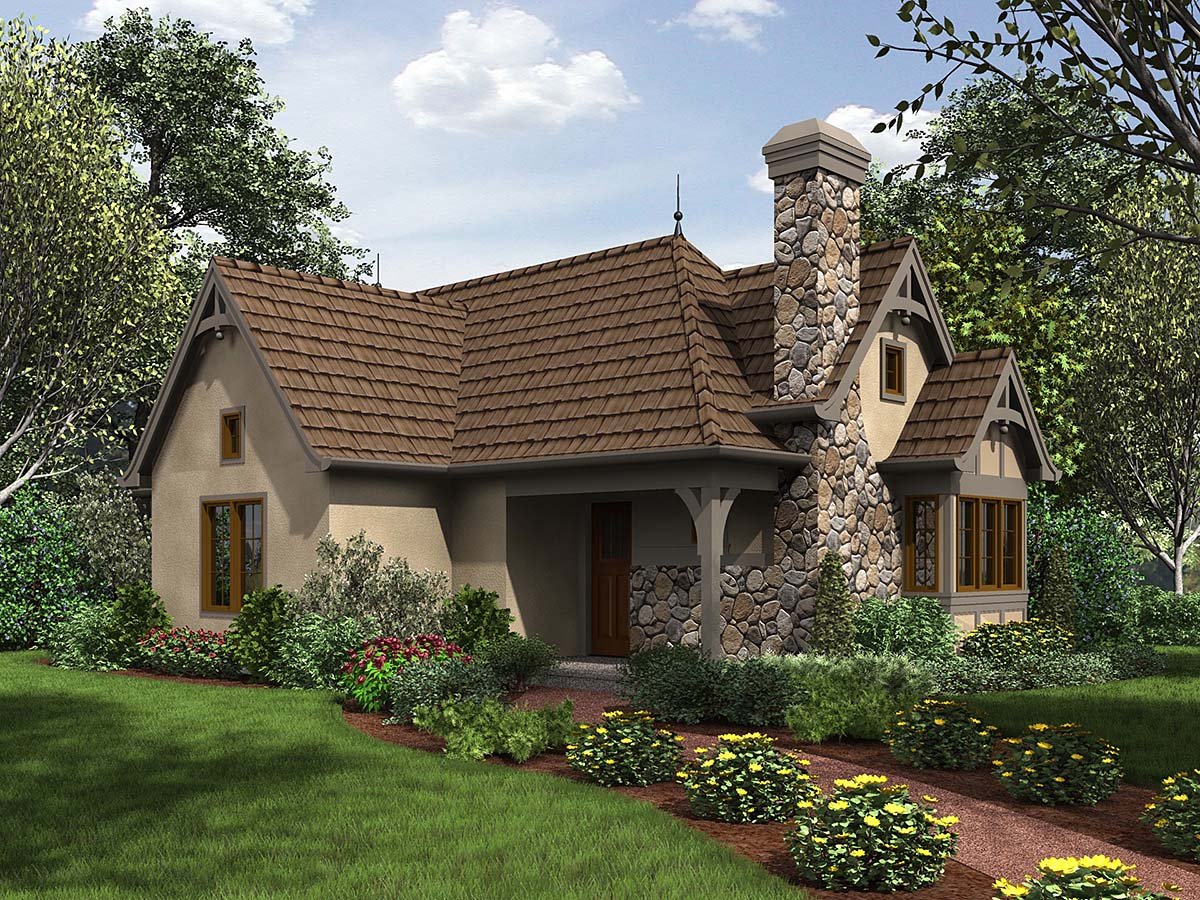
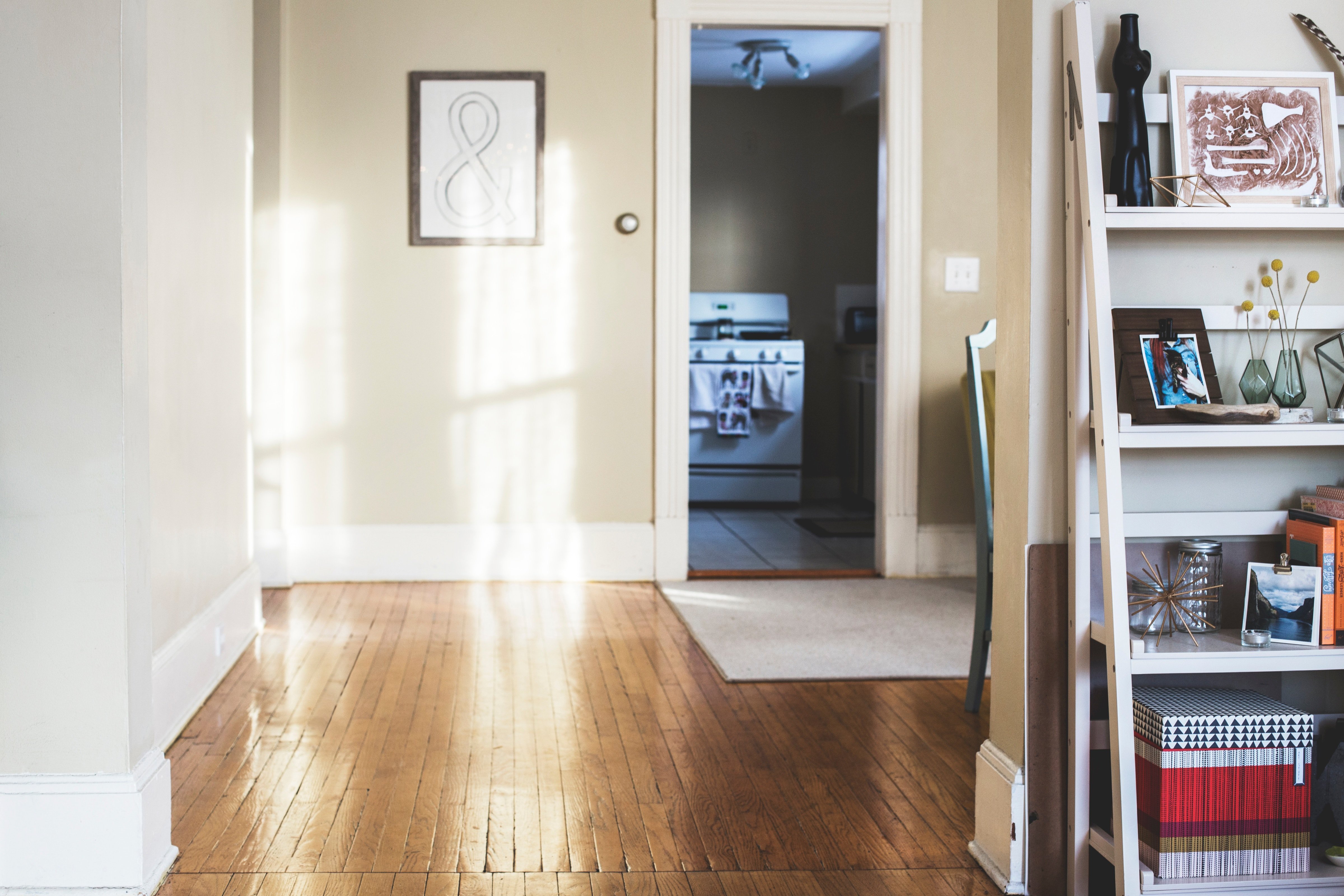
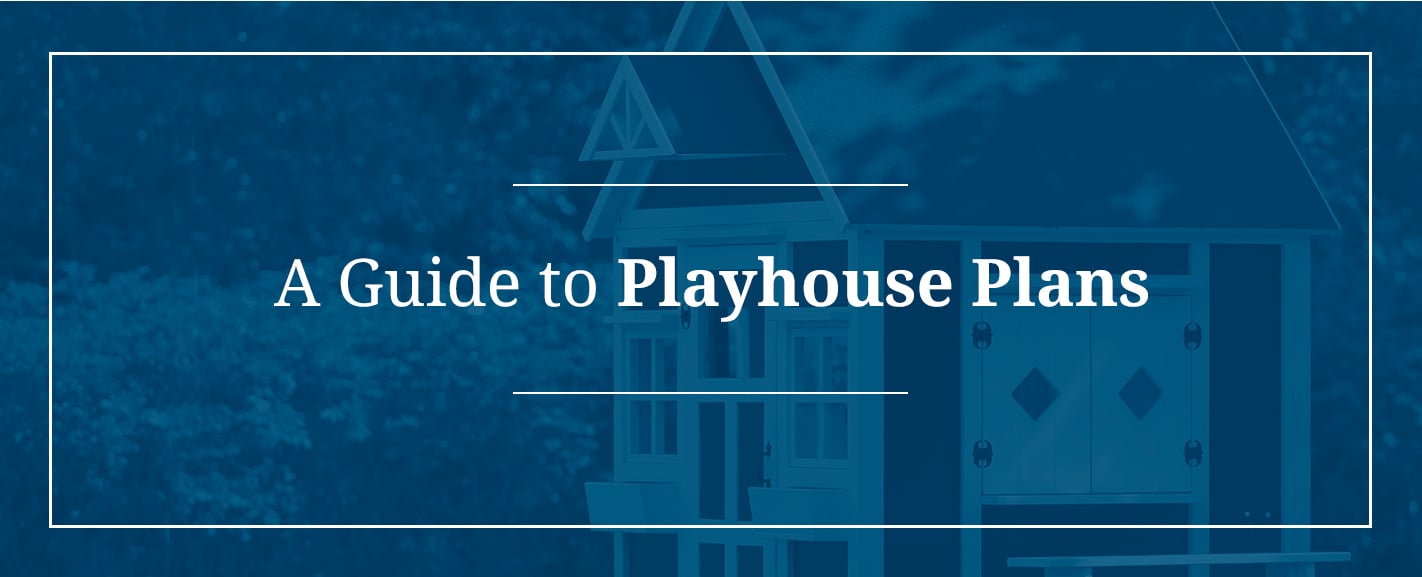
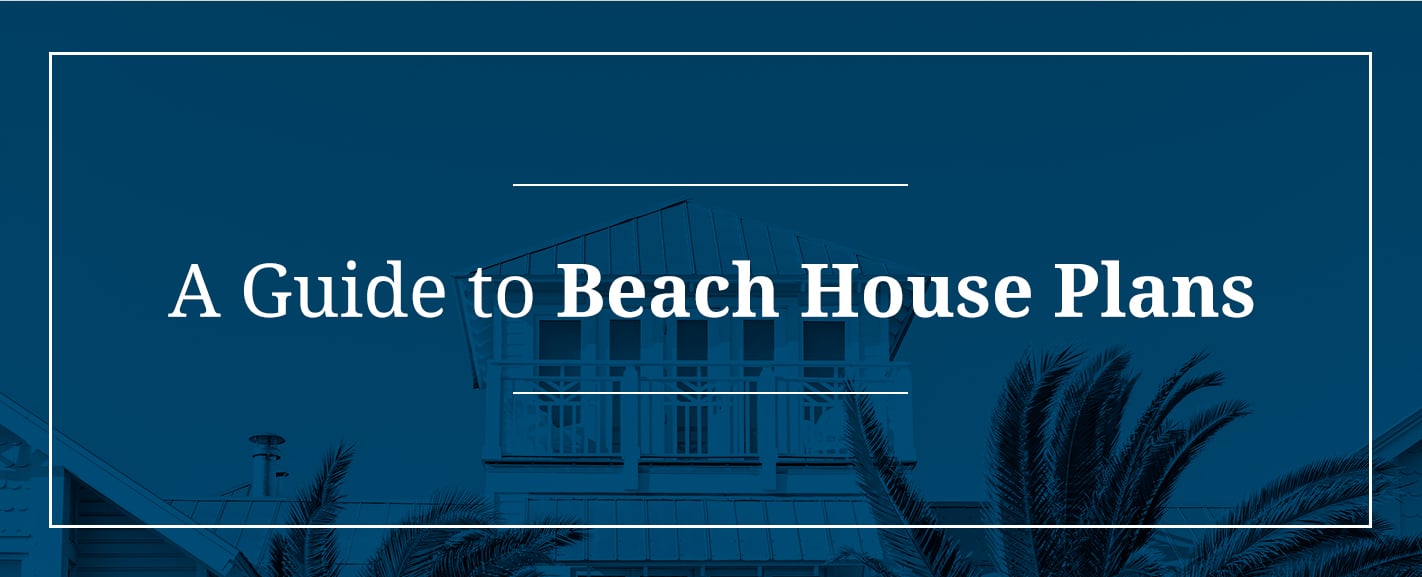


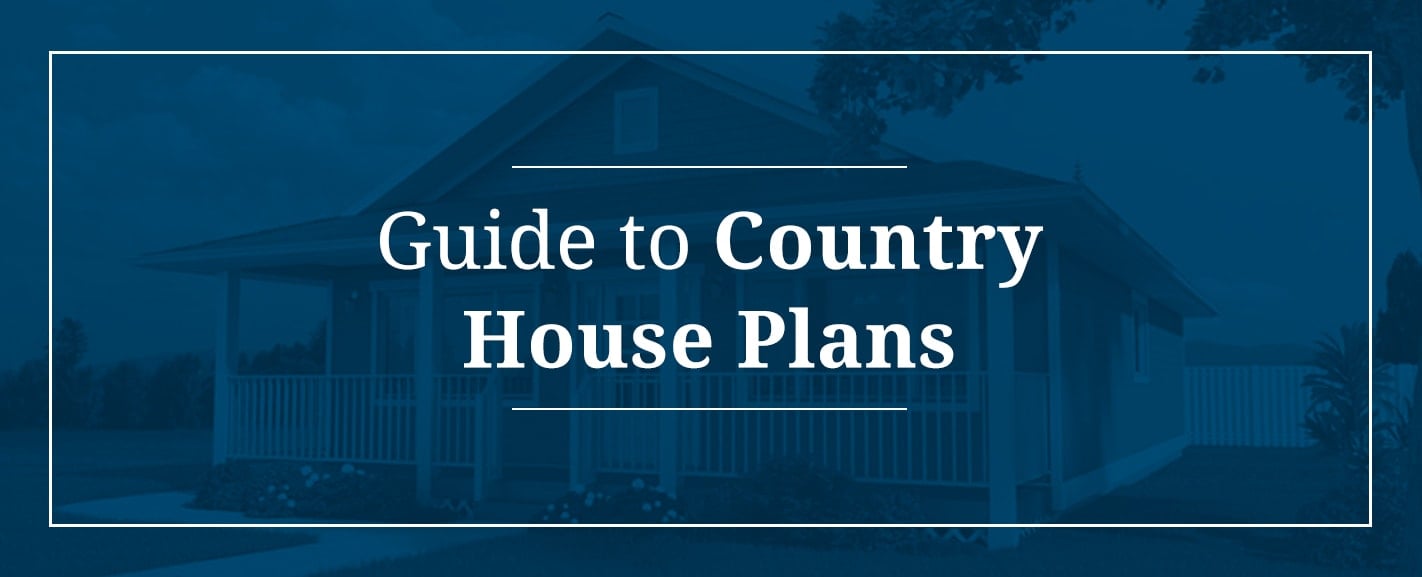

Comments (4)
Great ideas, Your information is very inspiring. Keep it going. Thanks
You made a good point when you mentioned that building your own home is the best option when you want one that is perfect. With that in mind, it would probably be a good idea to find a contractor that you can easily communicate with. Communicating with a contractor seems like the best way to make sure that you are both on the same page which will ensure that your home is perfect.
Nicely crafted information. Highly recommend that piece of content
Thanks for sharing such a good and useful information